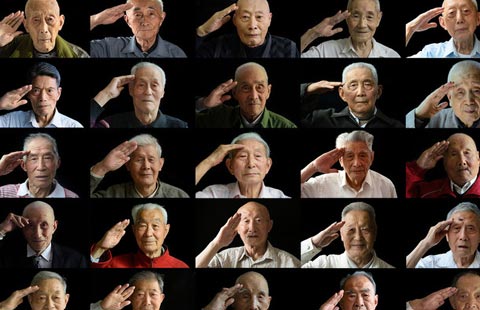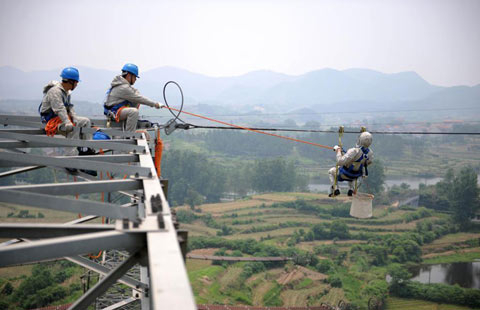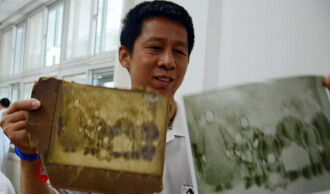Think tank examines South China Sea
By WU JIAO and ZHANG YUNBI ( China Daily ) Updated: 2014-02-24 03:30:28Nanjing University hosts research, debate on strategic maritime issues
China is building a national think tank on South China Sea research to boost the country's maritime power strategy and deal with looming maritime disputes.Established in October 2012, the Collaborative Innovation Center for South China Sea Studies, based at Nanjing University in Jiangsu province, is among the 14 national-level research projects prioritized and supported by the government since 2013.
Hong Yinxing, chairman of the board for the center, said it was established to meet the country's strategic demand to safeguard maritime rights and interests, develop resources and energy, and promote regional peace and development.
Covering 3.5 million square kilometers, the South China Sea is home to vast natural resources — including oil and gas — and gathers major international maritime routes. China said it has indisputable sovereignty over the South China Sea islands and their adjacent waters, including the Nansha Islands.
Since the 1970s, several countries in the region have challenged China's sovereignty over the islands. The Philippines has hyped and exaggerated the disputes in recent years to fan regional tensions.
Hong, who is also Party chief of Nanjing University, said the complexity of the maritime issue has required the country's research sector to eliminate barriers among the subjects and agencies to improve efficiency.
The center should also play a leading role in figuring out the key mid-and-long-term projects, and in building a cooperation mechanism to gather efforts from different research fields, the military and those agencies that need the information, Hong said.
Based in Nanjing University, the center has already attracted top researchers to conduct studies on a comprehensive range of issues regarding the South China Sea and to provide supporting information and policy advice.
"The center will become a high-end think tank for South China Sea policymaking, a dialogue platform for international communication, and a training center for outstanding talents on maritime affairs," Hong said.
The university has a long history of studying the South China Sea. It helped the then-Kuomintang government decide on maritime borders in the sea and give Chinese, English and French names to the various islands in the 1940s.
The university has cooperated with other research agencies in providing more comprehensive information on the South China Sea than any other think tank.
The center has built cooperative relationships with counterparts in Taiwan that have abundant historical documents on the sea. The center has also worked with counterparts in countries such as the United States.
So far, the new think tank has accomplished a range of studies, including examples of joint maritime development, law enforcement, and international arbitration case regarding the Philippines.
Hong said the center has built up a new model of think tank that is devoted to basic research but will respond to the country's emergency strategic demands. It is also pushing forward the exploration of translating its scientific research into market products.
|
|
|
|
|
|
|
|


















 Op Rana
Op Rana Berlin Fang
Berlin Fang Zhu Yuan
Zhu Yuan Huang Xiangyang
Huang Xiangyang Chen Weihua
Chen Weihua Liu Shinan
Liu Shinan